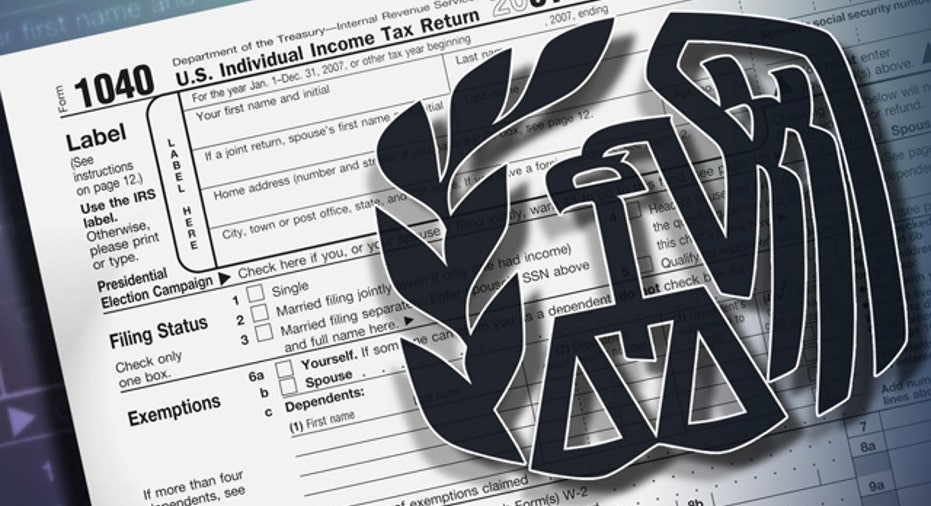Do I Need to Pay Tax on this Insurance Money?

Dear Insurance Adviser,
I had a restaurant in New Jersey that was flooded in 2011 by Hurricane Irene. We had flood insurance, and the insurance paid $100,000 for the damage. We were told we could use the money to fix it or not, at our discretion. But my tax accountant said we might have to report the payout as income on our taxes. Is that right?
-Richard
Dear Insurance Adviser,
Do I have to claim a settlement from a home insurance policy on my taxes? A customer hurt me while adding on to his house.
-Daniel
Dear Insurance Adviser,
My mother is 94 years old, and she can no longer pay the premium on her life insurance. She canceled the policy and received around $5,000. Does she need to file income tax on that money?
-Ron
Dear Guys,
As a general rule, proceeds from insurance policies are not subject to income tax. But always check with your tax accountant to be sure you don't owe anything.
So, when you receive a $10,000 check to repair your car following an accident, it's tax-free. Richard, when you receive a $100,000 check for flood damage to your home, that's usually tax-free also. Even if you don't spend all the insurance money to repair the home, whatever is left over represents personal property that you didn't replace, or a damaged area of the structure that you did not repair. You wouldn't owe any tax on that money.
Even awards from personal injury lawsuits are tax-free. When you are injured and collect compensation from a negligent homeowner, as Daniel did, those proceeds come tax-free.
Death benefits from individual life insurance policies are usually tax-free. Even cash value received from liquidated whole life insurance policies, such as the $5,000 Ron's 94-year-old mother received, is tax-free. The only exception would be if there was a financial gain, meaning the cash value exceeded the premiums paid. However, I suspect Ron's mother paid much more than $5,000 in premiums to the insurance company.
Health insurance benefits, whether paid for individually or by one's employer, are always income-tax-free. So are benefits paid from long-term care insurance.
About the only times when insurance is not free of income tax are when you receive group disability insurance benefits, such as from your employer, or when life insurance paid for by your employer exceeds $50,000 in coverage. Nongroup disability insurance that you pay for yourself is entitled to tax-free benefits.
Again, these are some general rules. Remember to check with your tax accountant for your specific situation.
All the best.
Ask the adviser
To ask a question of the Insurance Adviser, go to the"Ask the Experts" page and select "Insurance" from the drop-down box. Read more Insurance Adviser columns.
Bankrate's content, including the guidance of its advice-and-expert columns and this website, is intended only to assist you with financial decisions. The content is broad in scope and does not consider your personal financial situation. Bankrate recommends that you seek the advice of advisers who are fully aware of your individual circumstances before making any final decisions or implementing any financial strategy. Please remember that your use of this website is governed by Bankrate's Terms of Use.



















